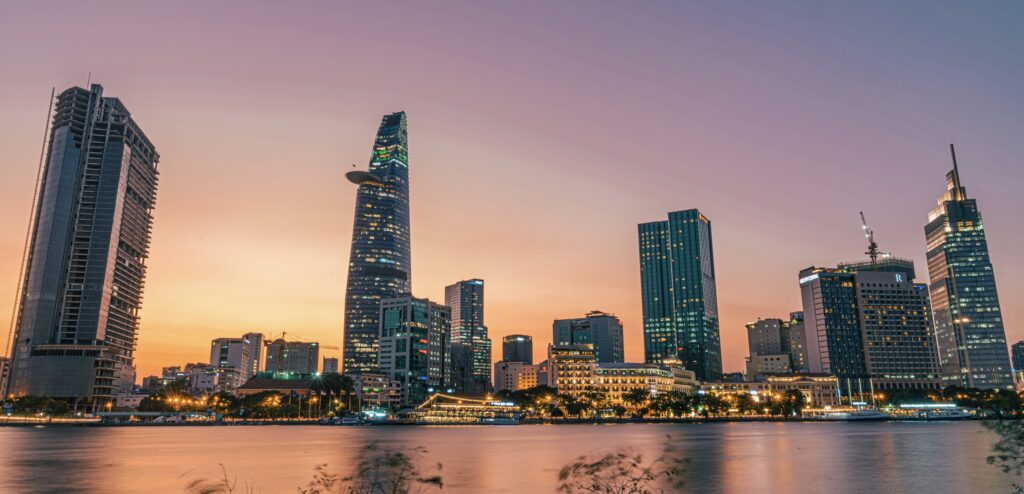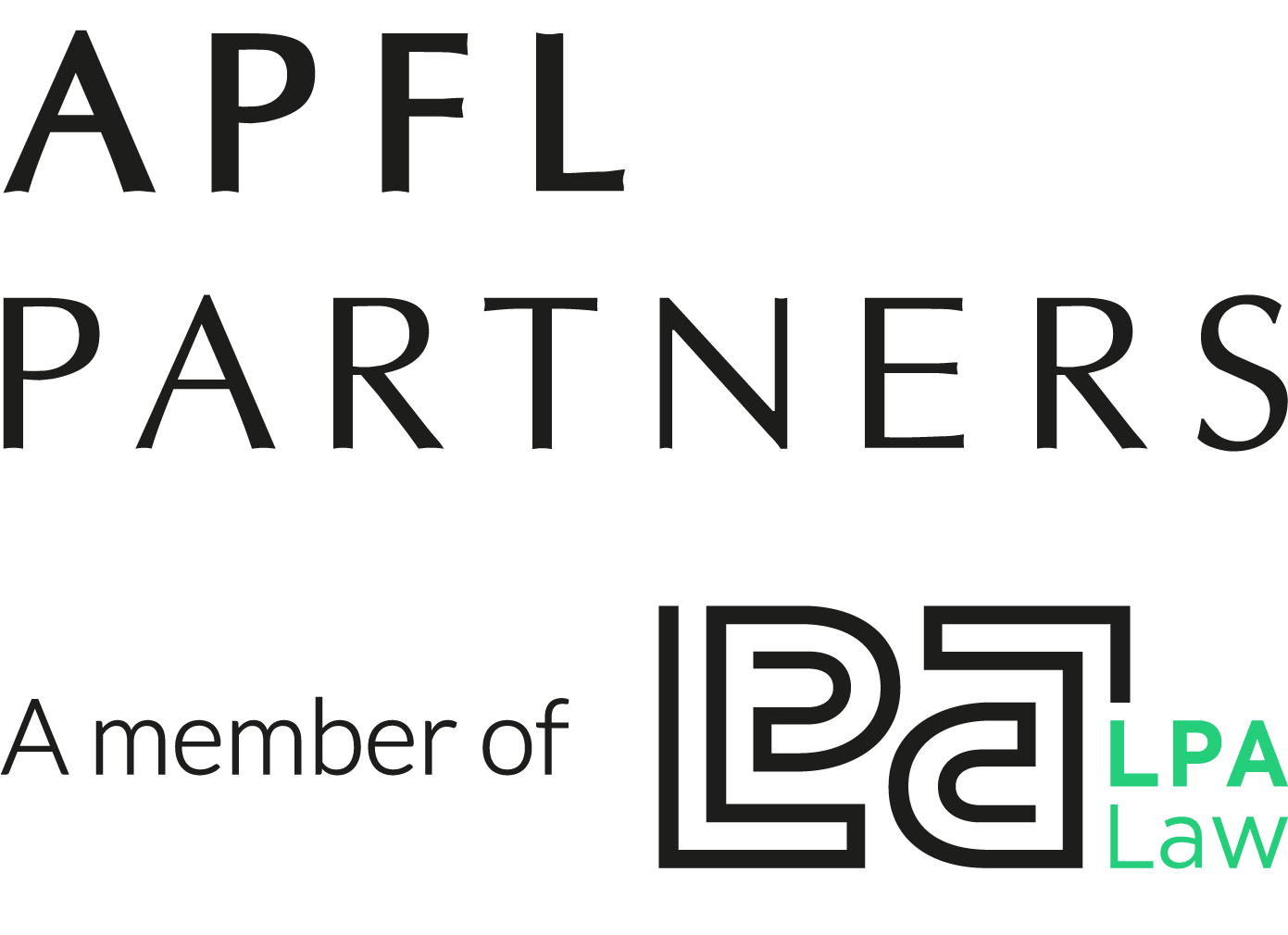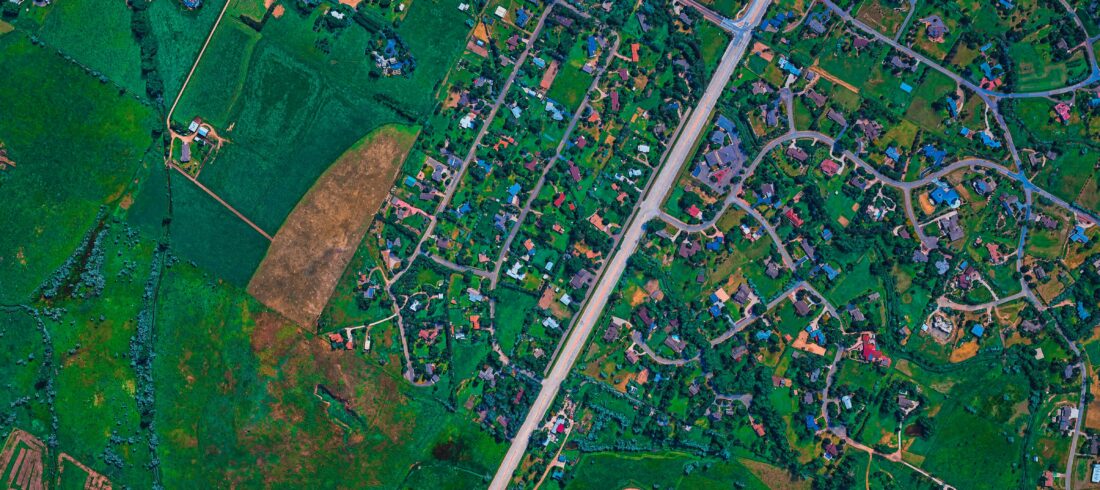Ho Chi Minh City Climbs Seven Spots in International Financial Center Rankings

Ho Chi Minh City (HCMC) rose seven places in the latest Global Financial Centers Index (GFCI), an international ranking of 119 financial centers around the world. Published on 20 March, the 2025 GFCI saw the southern metropolis reach its highest-ever position of 98th, up from 105th in 2024 and 102nd when it first entered the rankings in 2022.
Rising up the rankings
The GFCI rankings, from the China Development Institute and UK-based Z/Yen Partners, gave HCMC a total score of 654 in 2025. That represents a 25-point increase on the previous report when the southern commercial hub scored a total of 629.
Five financial centers from the Asia Pacific region made the global top ten, including Hong Kong (3rd), Singapore (4th), Shanghai (8th), Shenzhen (9th), and Seoul (10th). Meanwhile, in Southeast Asia, Kuala Lumpur (51st), Bangkok (96th), and Jakarta (97th) all ranked above HCMC. However, while HCMC climbed the table in 2025, Bangkok dropped one place compared to 2024 and Jakarta moved neither up nor down.
The GFCI measures financial centers based on 140 metrics of competitiveness. These fall into five broad categories: (i) the business environment, e.g. tax competitiveness, (ii) human capital, e.g. levels of education and skills in the labour market, (iii) infrastructure, such as transport and ICT, (iv) financial sector development, including economic output, and; (v) reputation, e.g. levels of innovation. This data is compiled from sources including the World Bank, the United Nations (UN), and the Organisation for Economic Cooperation and Development (OECD). The authors also assessed almost 5,000 responses to an online questionnaire.
HCMC remains a “local” financial center
The report classifies financial centers around the world into several categories, depending on how broad and deep their financial services activities are and how connected the center is to global financial markets. For instance, New York (1st) and London (2nd) are defined as “global leaders” with broad and deep connections to international markets.
At the same time, financial centers such as Berlin, Mumbai, Bangkok, and New Delhi are considered “international” financial markets. However, variation in their levels of integration with global markets mean that these cities fall into different sub-categories. For instance, Busan (South Korea) is ranked as an “established international” financial center. Meanwhile, New Delhi (India) is considered an “international contender” and Mumbai (India) is defined as an “international specialist”.
HCMC ranks in the third tier of connectedness with international markets, as a “local” financial center. The GFCI describes it as an “evolving financial center” alongside cities as varied as Buenos Aries (Argentina), Manila (the Philippines), and Tallinn (Estonia).
Banks and financial institutions in Vietnam are subject to caps on foreign ownership. For instance, according to Decree No. 69/2025/ND-CP, entering into force on 19 May 2025, total foreign investment in Vietnamese commercial banks is capped at 30 per cent and in non-bank credit institutions at 49 per cent. If foreign investment rises above this threshold, foreign investors will be prohibited from purchasing new shares until the total foreign investment falls back below the legal limits.
However, so-called “weak” credit institutions in Vietnam will be allowed to increase their percentage of foreign charter capital from 30 per cent to 49 per cent, unless the state owns over 50 per cent of the charter capital.
Fintech potential
The 2025 GFCI also contains a separate table ranking financial centers on fin-tech, rating cities on areas such as innovation, access to finance, ICT infrastructure, the legal environment, tax rates, and the labour force. On this metric, HCMC ranks 88th with 633 points – an 11-place jump since 2024 when it placed 99th with 609 points.
This will come as no surprise to regular readers. The government has been promoting innovation in financial services, for instance, through the 2024 amended Law on Credit Institutions (which we wrote about here). This law promotes greater application of new technologies in the banking sector and encourages financial institutions to develop innovative new products and services. Likewise, in 2019, Vietnam established a National Innovation Center (NIC) through Decision No. 1269/QD-TTg (which we highlighted here) to connect local entrepreneurs with global tech giants.
Though this is a positive step, there is still more to do. HCMC continues to rank behind regional fintech competitors like Kuala Lumpur (54th), Jakarta (84th), and Bangkok (87th) in the 2025 GFCI report. Cyber security is cited as the most important aspect in building a competitive fintech environment, with 16 per cent of respondents to the questionnaire highlighting this as their main concern.
Vietnam introduced the Law on Cyber Security in June 2018 (Law No. 24/2018/QH14) including new requirements on data localisation and content monitoring. Then, in 2022, the government published Decree No. 53/2022/ND-CP to guide the implementation of the law, including more information about the kind of data that must be stored in Vietnam and local office requirements for foreign entities.
HCMC plans to go global
The 37th GFCI report comes after the government announced ambitious plans to develop an international financial center in HCMC alongside a regional financial center in Da Nang (we wrote about the plans here). The government hopes that this new financial center will help boost investment, attract new financial institutions, and stimulate economic growth.
It is expected that the regional financial center will be inaugurated in 2035, when Vietnam aims to rank in the top 75 financial centers in the world and the top 25 in the region. The international financial center is predicted to follow a decade later, in 2045, when Vietnam hopes to achieve a top 20 global rank for financial centers and a top-10 spot in Asia.
APFL Partners contains leading international practitioners in banking and finance in the Vietnamese market, and our team has advised major international financial institutions on banking and capital markets transactions. To find out more about investing in Vietnam, or remaining compliant with the new regulations mentioned in this article, just contact us on contact@apflpartners.com
Disclaimer: This article and its content are for information only and are not given as legal or professional advice. they do not necessarily reflect all relevant legal provisions with respect to the subject matter. Readers should seek legal or professional advice before taking or refraining to take any action.


